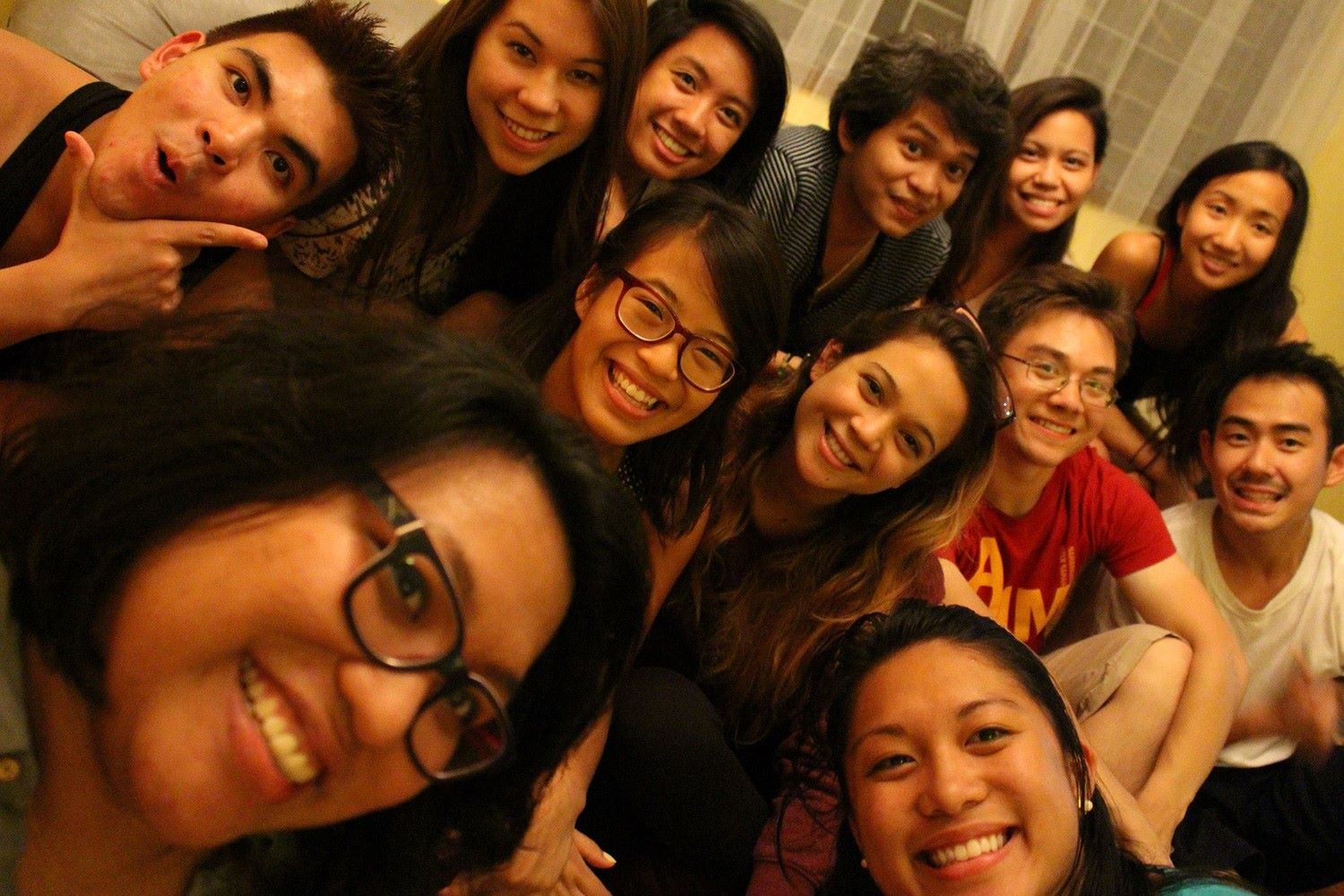Stereotypes Filipinos Can’t Stand

Filipinos are known for their warmth, hospitality, and strong sense of community. However, certain stereotypes can be frustrating and hurtful. One common stereotype is that all Filipinos are domestic workers. While many Filipinos work abroad in various professions, reducing an entire nationality to one job is unfair. Another stereotype is that Filipinos eat only rice and fish. Filipino cuisine is diverse, featuring dishes like adobo, sinigang, and lechon. Additionally, some people think Filipinos are always late, which isn't true for everyone. These stereotypes can overshadow the rich culture and individuality of Filipinos, making it important to challenge and rethink these assumptions.
Stereotypes Filipinos Can't Stand
Filipinos are known for their warm hospitality, rich culture, and vibrant traditions. However, they often face stereotypes that can be frustrating and misleading. Let's dive into some of these stereotypes and understand why they don't hold water.
Filipinos Are All Maids
One of the most common stereotypes is that all Filipinos work as domestic helpers. While many Filipinos do work abroad in various capacities, this stereotype is far from accurate.
- Diverse Professions: Filipinos excel in numerous fields such as medicine, engineering, and education.
- Highly Educated: Many Filipinos hold advanced degrees and professional certifications.
- Entrepreneurs: The country boasts a growing number of successful business owners and innovators.
Filipinos Are Always Late
The idea that Filipinos are perpetually tardy, often referred to as "Filipino Time," is another stereotype that doesn't sit well.
- Professionalism: In professional settings, Filipinos are as punctual as anyone else.
- Cultural Nuances: Social gatherings may have flexible start times, but this is more about cultural norms than a lack of respect for time.
- Adaptability: Filipinos working abroad often adapt quickly to the punctuality norms of their host countries.
Filipinos Are Poor
Another harmful stereotype is that all Filipinos live in poverty. This generalization overlooks the economic diversity within the country.
- Growing Middle Class: The Philippines has a rapidly expanding middle class.
- Economic Growth: The country's economy has been growing steadily, with increasing opportunities for all.
- Wealthy Filipinos: There are many affluent Filipinos who live comfortable, prosperous lives.
Filipinos Are Uneducated
The notion that Filipinos lack education is not only incorrect but also offensive.
- High Literacy Rate: The Philippines boasts a high literacy rate, with many citizens fluent in multiple languages.
- Quality Education: The country has numerous reputable universities and educational institutions.
- Global Competence: Many Filipinos are educated abroad and bring back valuable skills and knowledge.
Filipinos Are Always Happy
While Filipinos are known for their resilience and positive outlook, assuming they are always happy can be dismissive of their real struggles.
- Emotional Depth: Filipinos experience a full range of emotions just like anyone else.
- Mental Health Awareness: There is a growing awareness and support for mental health issues in the Philippines.
- Cultural Expression: Filipinos often use humor and smiles as a way to cope with challenges, not because they are always happy.
Filipinos Are All Good Singers
While many Filipinos do have a talent for singing, it's unfair to assume everyone is a karaoke star.
- Varied Talents: Filipinos excel in various arts, sports, and academic fields.
- Cultural Appreciation: Singing is a beloved pastime, but not everyone is a professional singer.
- Individual Differences: Just like any other nationality, Filipinos have diverse interests and abilities.
Filipinos Are Submissive
The stereotype that Filipinos are submissive and passive is both outdated and inaccurate.
- Strong Advocacy: Filipinos are active in advocating for their rights and social justice.
- Leadership Roles: Many Filipinos hold leadership positions in various sectors.
- Cultural Strength: The history of the Philippines is filled with examples of strong, resilient individuals who fought for their country and beliefs.
Moving Past Stereotypes
Stereotypes about Filipinos can be hurtful and misleading. They often paint a narrow picture that doesn't reflect the rich diversity and unique qualities of Filipino culture. It's important to recognize these stereotypes and challenge them whenever possible. By doing so, we can foster a more inclusive and respectful understanding of each other.
Filipinos are known for their resilience, hospitality, and strong sense of community. These positive traits should be highlighted and celebrated. Everyone deserves to be seen for who they truly are, not just through the lens of outdated stereotypes.
Next time you hear a stereotype about Filipinos, take a moment to question it. Educate yourself and others about the real experiences and contributions of Filipino people. Together, we can move past these stereotypes and appreciate the true essence of Filipino culture.

